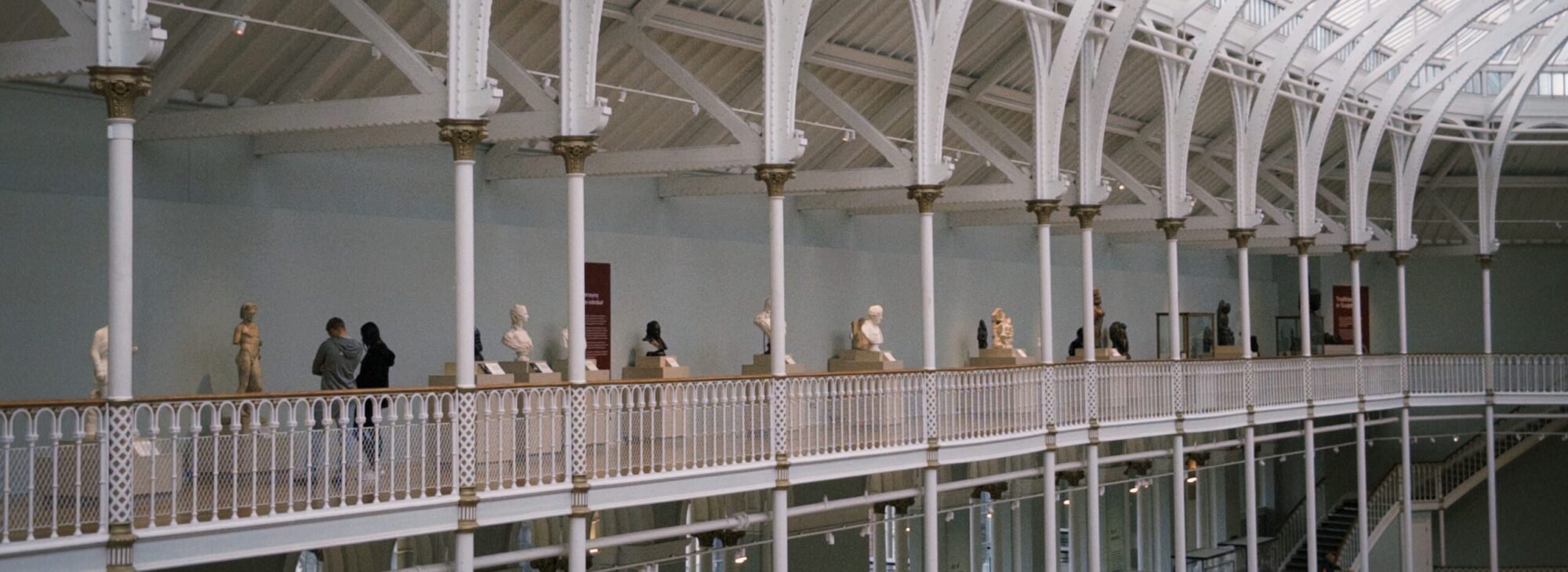When people first hear the word “critical” in an academic context, it is easy to assume it means the same thing everywhere.
Critical thinking is the art of making clear, reasoned judgements based on interpreting, understanding, applying and synthesising evidence gathered from observation, reading and experimentation.
Burns, T., & Sinfield, S. (2016) Essential Study Skills: The Complete Guide to Success at University(4th ed.) London: SAGE, p94.
Actually, critical thinking gives you the tools to take apart an argument, it is about asking whether claims are logical, whether the reasoning holds up, and whether sources are reliable. Every students are encouraged to use critical thinking to avoid error and to reach sound conclusions.
While critical approaches in the social sciences are different. It allows you to understand and explore the reasons and relations behind the phenomenon. Critical approaches focus on wider structures of power, inequality, and ideology that shape knowledge and everyday life (Lupton, 2015). For example, while critical thinking about whether using Instagram lowers girls’ self-esteem, a critical approach in sociology would ask: why Instagram consistently shows certain “perfect bodies,” to female users, who decides what appears and how these images shape girls’ sense of self. So critical approaches not only find what happens, but also study why it happens and who controls it (Marres, 2017).
About Critical approach
The origin of the "critical approach" can be traced back to Marx, he believed critique would reveal fundamental truths about human social condition and research can challenge authority and promote liberation. After that, the Frankfurt School developed this viewpoint and formed the concept of "critical theory", which expanded critique to culture, rationality, and ideology (Horkheimer & Adorno, 1972; Habermas, 1971). This short video by Tom Nicholas gives a great overview of how the Frankfurt School grew from a failed revolution to a theory of critique.
The later "critical approaches" expanded the spirit of the Frankfurt School to a broader range of social sciences. It not only inherited the idea of Marx and the Frankfurt School (like focusing on power and inequality), but also absorbed various directions and theories such as feminism, queer theory and so on. So, the core of the critical approach is to focus on power and explore the power relations behind social issues.
Mean or rude? Definitely not!
In daily life, critical discussions or refutations of others' viewpoints are regarded as impolite and rude. However, in critical approaches, criticism is the core, but it is not directed at individuals; instead, it is aimed at structures, systems and power relations. For instance, in the example I mentioned earlier, studying the impact of Instagram on female self-esteem is an act of critiquing the algorithm and the social structure, rather than criticizing a specific individual woman. Critique is about questioning systems, not attacking people.
Sociological imagination
The sociological imagination, a concept developed by C. Wright Mills (2000), who defined sociological imagination as "the awareness of the relationship between personal experience and the wider society." When using sociological imagination, people try to understand the circumstances in their own lives by observing the wider social environment.
Critical approaches engage the sociological imagination by questioning dominant interpretations and connecting individual experiences to wider structures of power. Just as Giulia Cavalcanti wrote in her blog about her feelings regarding women's shaving practices during the COVID-19 pandemic. Sociological imagination enables people to break free from limited frameworks and place our perspectives and horizons in the broader social and historical development.
In sociology, "critical" does not mean being rude in speech. It refers to asking more appropriate questions - such as who benefits from it, who is excluded, and why things are the way they are. Critical approaches enable us to go further and connect our daily lives with broader social forces. With the imagination of sociology, we can understand that even something as ordinary as browsing Instagram is closely related to broader political power and cultural issues. Overall, being critical—this skill is undoubtedly very useful and worth continuing to pursue.
References
Burns, T., & Sinfield, S. (2012). Essential study skills: The complete guide to success at university. Sage publications.
Giulia, C. (2020, August 7). I haven’t shaved since lockdown. Edinburgh Decameron: Lockdown Sociology at Work. https://blogs.ed.ac.uk/ed-decameron/i-havent-shaved-since-lockdown/
Horkheimer, M., Adorno, T. W., & Noeri, G. (2002). Dialectic of enlightenment. Stanford University Press.
Lupton, D. (2015). Digital sociology. Routledge.
Marres, N. (2017). Digital sociology: The reinvention of social research. Polity Press.
Mills, C. W. (2000). The sociological imagination. Oxford University Press.

